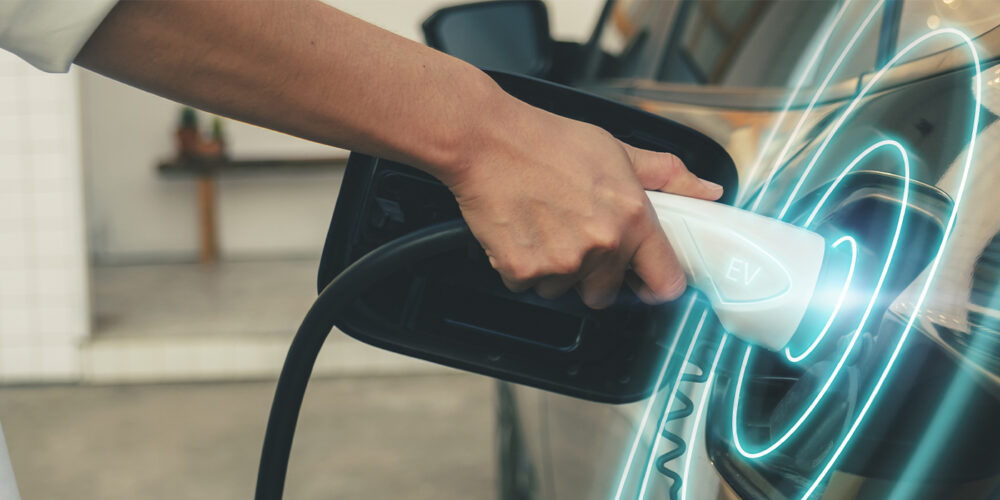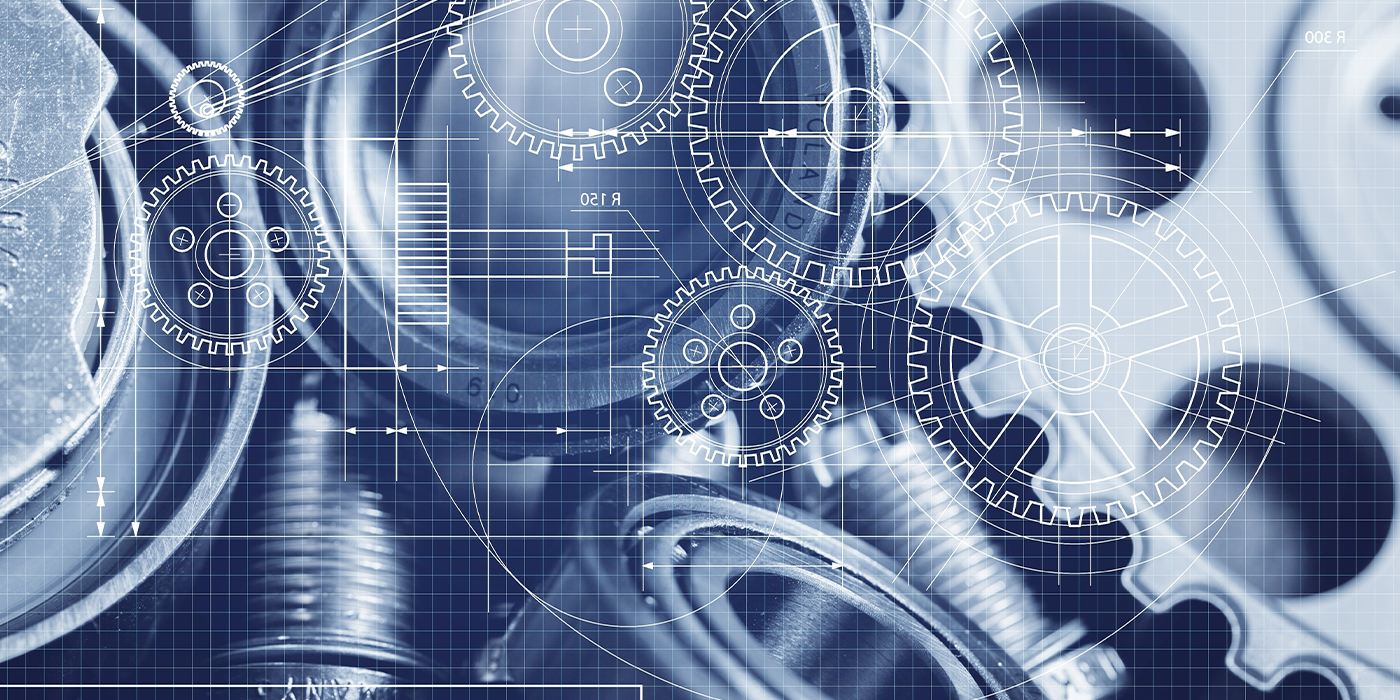I was reading the newspaper and came across an excerpt from a new book by Michael Crichton called “State of Fear.” Crichton also wrote “Jurassic Park” and “The Andromeda Strain,” and is the creator of the TV series “ER.” His new book reflects on fears that are created but never turn out to be as serious as first claimed.
Some of the examples he discusses include:
Killer bees: They were going to spread throughout the country;
Power lines: Living too close to them will cause cancer;
Machines are taking over: Apparently machines were going to do everything for us and we would be stuck with the crisis of having too much extra time on our hands; and
Global Cooling: In the early 1970s, this was the fear that has now been replaced by Global Warming.
Shortly after reading this story about Crichton’s new book, I came across an article that claims BMW and Mercedes are dropping the 42-volt system from their future design plans. The reasons for the change of heart include the high cost to redesign all the electrical systems and components, and incompatibility with hybrid engine systems.
The concept of the 42-volt system became popular because cars were running out of electrical capacity. On-board computers allowed vehicle engineers to live their dreams by adding power-demanding audio and video systems, brake-by-wire and steer-by-wire, occupant customized climate control, and all kinds of places to plug in cell phones and coolers. In addition, the system would help improve emissions and fuel economy.
As the momentum for the 42-volt system grew through the years, many articles were written about the magnitude of this change from the current 14-volt system. Even in the pages of this magazine, we quoted a prediction that, by the year 2010, 25-35% of all new vehicles would be 42-volt. We warned readers that the change to 42-volt would require a drastic change in the way vehicles would be serviced and, therefore, shop owners would need to make substantial changes in the way they run their business. We warned that shop owners would need to invest in new equipment and everyone working at the shop would need to undergo a significant amount of training on the new systems.
As it turns out, the 42-volt system may not get the chance to solve our current gas-guzzling problem and our desire to make our vehicles more comfortable than our own homes. The question is: did we learn anything along this scary journey? Did any shop owners take a fresh look at their business and think about how it needs to change as the vehicle population changes? And how will the vehicle satisfy the need for more power based on the current, overloaded 14-volt architecture?
In the end, we are faced with the age-old business problem of how to get more out of what we currently have with minimal investment. It is a problem we shouldn’t be scared to address.













